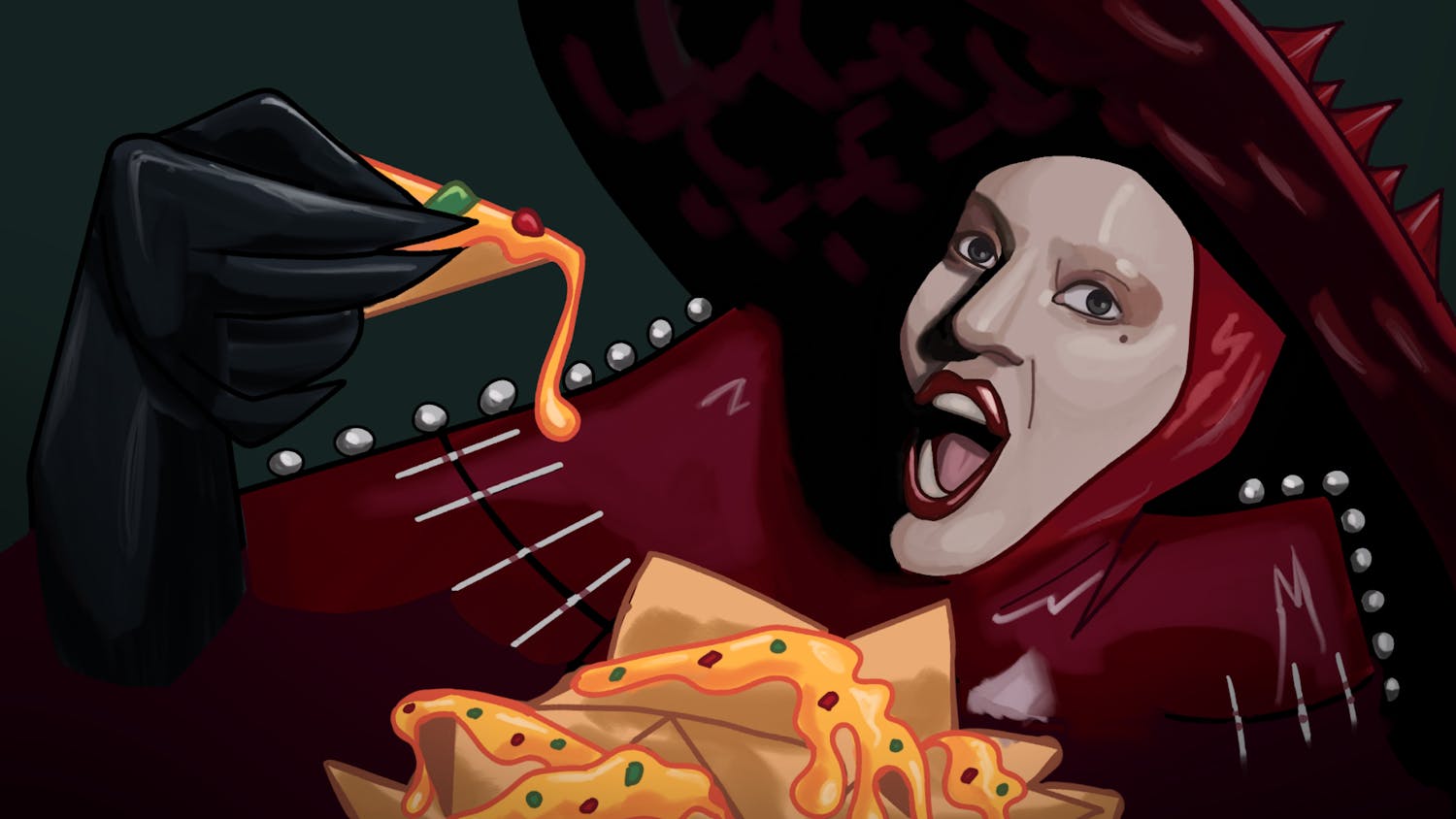In the history of most hated genres, while some people hate hip-hop and others hate country music, there is one genre that stands above them all as a genre nearly universally hated: disco. I’m here to tell you why disco doesn’t suck and is actually in everything you listen to today.
Disco began taking shape in the late 1960s and early 1970s, but really hit its peak in the mid 70s. Sparked by producer Giorgio Moroder, disco became a revolution, starting with Donna Summer’s 1975 hit, “Love to Love You Baby,” which was produced by Moroder.
The biggest sensation in disco were the Bee Gees, who released countless hits in the late 70s including “Stayin’ Alive,” “Night Fever” and countless others. With the brothers Gibb (Maurice, Robin and Barry, who had the greatest falsetto in recorded music this side of Michael Jackson), the Bee Gees quickly became one of the highest-selling artists of all time.
The final piece of this disco history lesson is Chic. Founded by guitarist Nile Rodgers and bassist Bernard Edwards, a song like “Le Freak” features one of the most distinctive, prototypical guitar lines in disco music.
But then, disco died. While some genres of music feature a slow burnout as tastes change and the political climate moves, one can point to a single day in history where disco died.
On July 12, 1979, at a doubleheader Chicago White Sox game at Comiskey Park on the South Side of Chicago, a night dubbed “Disco Demolition Night” (led by DJs Steve Dahl and Garry Meier) occurred between White Sox games.
After some garden-variety record burning, the demonstration turned into a riot as angry rock fans vented their frustration in the only way they knew how: destroying a baseball stadium by ripping out the field and tearing out the seats. Seems reasonable enough to me.
And so, while a couple of disco artists or artists who more than dipped their toes into disco were able to recover, namely Michael Jackson, who continued to inflect danceable rhythms into pop songs, most flamed out like the genre did.
The 1980s and 1990s weren’t very kind to disco, as virtually every other genre had its moment in the sun while disco sat quietly in the background. While future generations were exposed to the Bee Gees in a manner of "this is what I listened to when I was in [insert high school/college/etc.]," the idea of new disco music coming out was a pipe dream few had.
In comes the 21st century and electronic music began making waves. Spearheading the movement of electronic music into the popular lexicon of music fans worldwide was Daft Punk. The French duo of Guy-Manuel de Homem-Christo and Thomas Bangalter, decked out in space helmets, helped usher in a torrent of new music.
Beginning in the 1990s, the French house duo have long used “real instruments” to create their music. While I could go off on a lengthy tangent about “real instruments,” for Daft Punk, the computer itself wasn’t an instrument, but rather, a means of sequencing while using analog instrumentation.
So while dance music was gaining a groundswell of popularity in Europe, it wasn’t until this duo from France made their way stateside that dance music made its way from underground raves in warehouses to Top 40 radio and clubs and arenas across America.
With all of that being said, it’s only natural that it is Daft Punk who ushered in this second wave of disco music from right under our noses into our ears.
On April 19, 2013, the world got to hear “Get Lucky” for the first time and people were hooked. From Nile Rodgers’ distinctive guitar work to Pharrell’s falsetto, everything came together on “Get Lucky” to make the perfect disco song.
Some people balked at calling it disco (saying that this was an evolution of electronic music) really, it was Daft Punk using their incredible clout and lengthy absence to bring disco music back to the masses. And boy has it shown up everywhere since.
In Top 40 music, Justin Timberlake, Katy Perry, Bruno Mars and Lady Gaga have all released songs and albums with heavy disco influences. Much of Daft Punk’s Random Access Memories, which features “Get Lucky” has disco fingerprints all over it, as well as Arcade Fire’s Reflektor.
With disco coming back into the forefront of American music, while it may be cool to still say “disco sucks,” you are a few years late for that. You may be in denial that disco is still a “thing,” but slowly but surely, as dance music continues to be one of the biggest genres in music today, disco has made its mark and will continue to for the foreseeable future. Plus, everyone loves disco balls anyway.
Do you hate disco balls? Do you want to burn Brian’s disco records? Email him at weidy@wisc.edu






